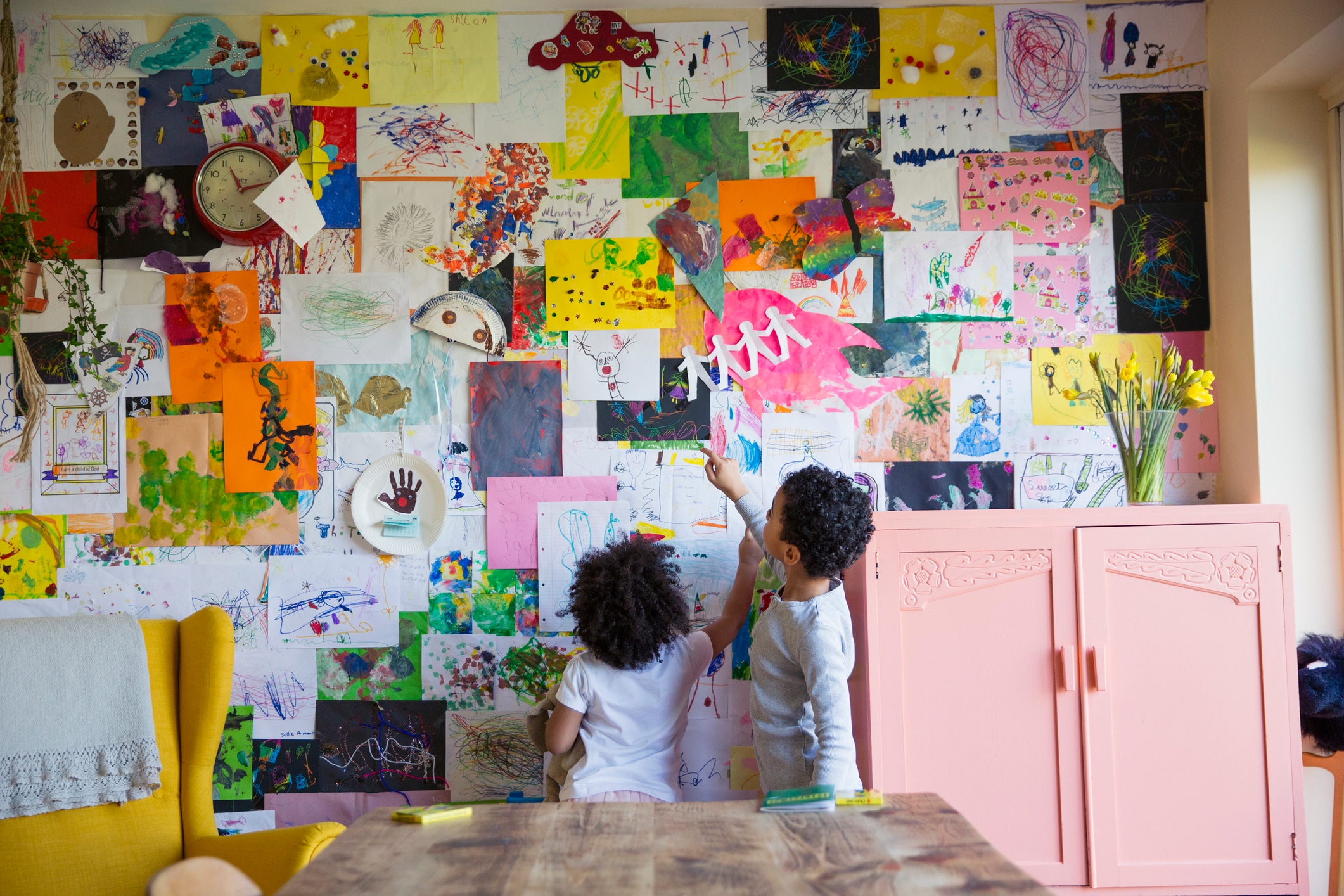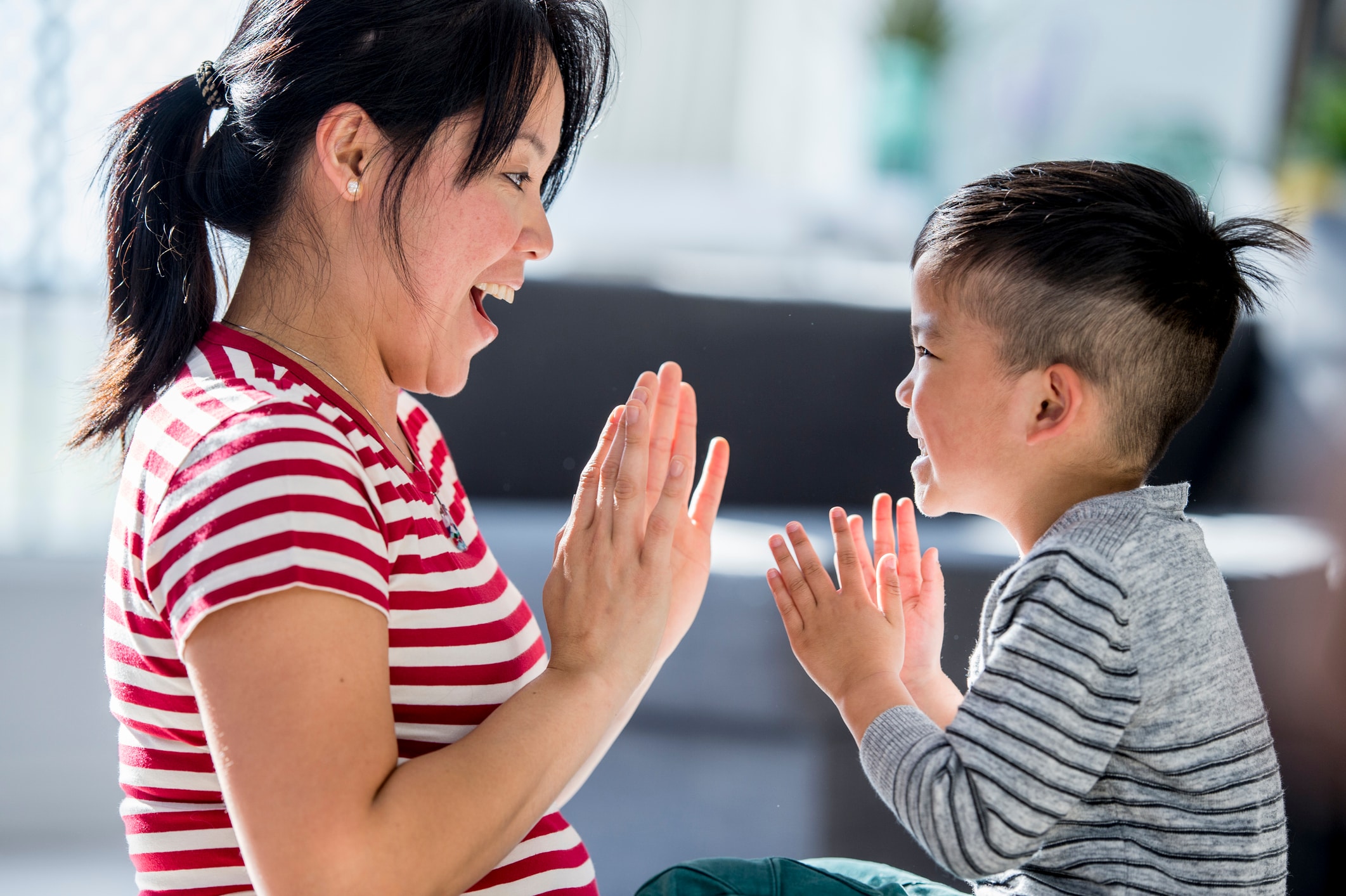All children love to laugh and have fun. Most also have an innate sense of humor and enjoy telling stories and jokes, but some need a little help. When it comes to teaching kids how to tell a joke, rule No. 1 is throw everything you thought you knew about joke telling out the window.
“My dad was a prankster who understood kid humor,” says Megan McDonald, author of the hilarious and all-too-real Judy Moody children’s book series. “One of dad’s favorite pranks was the ever popular fake hand in the toilet, which never failed to get a reaction out of either me or one of my four older sisters. It made jokes fun.”
Stand-up comic David Smithyman agrees. Author of the how-to book, “Young, Funny and Unbalanced — A Standup Comedy Guide for Teens,” he runs the popular Kids ‘N Comedy workshop in New York City. Smithyman believes kids benefit from a more alternative and less traditional approach to joke telling. “Kids shouldn’t worry about their jokes needing to be hilarious every second. It’s better if jokes come out of your personal experience and feel honest.”
Here are some expert tips for teaching your little one how to tell a joke.
-
Listen to Your Child
Everyone has a different sense of humor. Let your child be an individual, as opposed to pushing a structured, joke-telling formula upon them. It’s better to let your child cultivate their own style. Bring up different topics and see if your child can add their own experiences to form a joke. -
Teach by Example
“Kids emulate their parents,” says McDonald. “My dad’s jokes were a lot like stories with funny endings and the Judy Moody books reflect that.” If you want to encourage your child’s sense of humor, have one yourself.Smithyman feels that most kids have an innate sense of humor, which can be reinforced by parents who are willing to laugh at themselves. He teaches kids to tell jokes by simply joking around with them.
-
Start by Talking
If your child doesn’t seem to be getting the concept of joke telling, get them to talk about something they don’t like for two solid minutes in front of other kids or some type of audience. Smithyman believes that what you don’t like, or what annoys you, is much funnier to talk about than stuff you do like. It may create some funny moments for your child to relay.Eventually, your child is bound to get a laugh out of an audience and that makes them feel good, so they say more things similar to what got the first laugh. This helps them to understand what is funny and what works in a joke.
-
Be a Guinea Pig
Let your child make you the good-natured brunt of their jokes — kids love to reference the goofy or embarrassing thing their parent did. Observations about home life through their eyes can be hilarious as well as cathartic. -
Rely on Pop Culture
Kids are influenced by the television shows they watch and the types of humor portrayed, so keep that in mind when choosing the shows you will enjoy as a family. -
Use Books
For many kids, joke books are a great tool when it comes to learning how to tell jokes. Reading books can help kids learn how to deliver a punch line, which can be challenging for lots of kids to master. -
Have Fun
Parents should be a good audience and laugh a lot at their child’s early attempts at humor, as well as joke around with their kids, in order to reinforce a sense of fun as well as an understanding of what’s funny and what’s not.“The most important thing kids and their parents can do is relax and have fun with it,” says McDonald. “It’s great to simply enjoy joke telling, even bad joke telling, with friends and family.”
Households that thrive on humor often produce children who have more confidence in their ability to be funny than those that don’t. McDonald credits her funny bone, as well as much of her inspiration for the Judy Moody character, to the humorous family stories that were the fabric of her early life.
Life with kids may not be all fun and games, but humor, joy and laughter in the home are good for kids, great for families and might spawn the celebrated comedians of tomorrow.
Corey Whelan is a freelance writer in New York. Her work can be found here.





